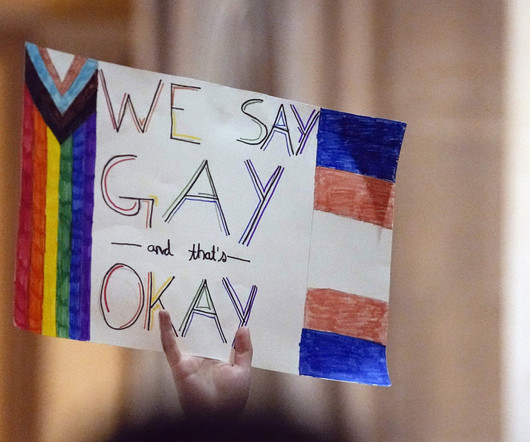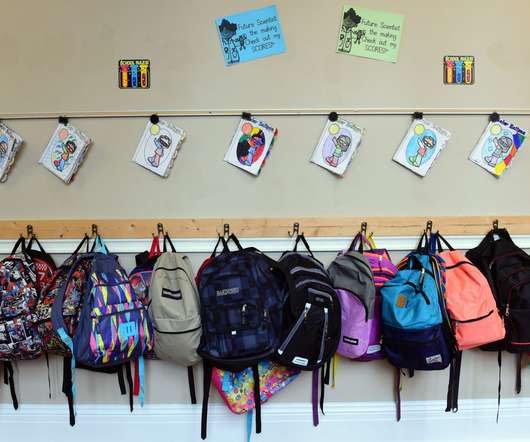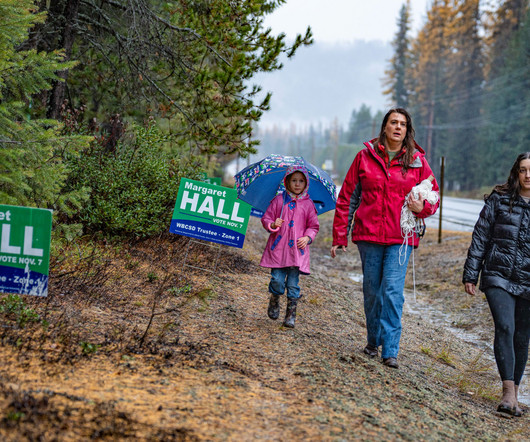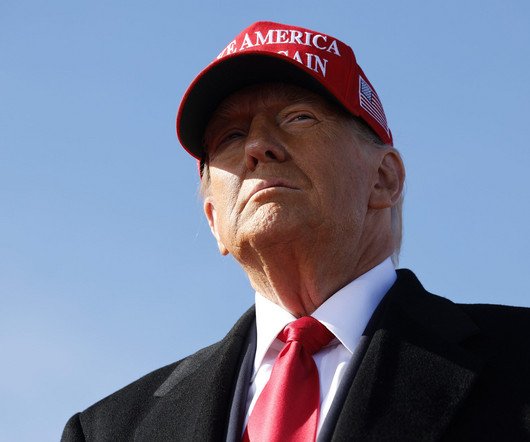Forget civics class: Students want to make a difference in real life
The Hechinger Report
OCTOBER 29, 2020
Some school districts, local governments and nonprofit groups across the country have galvanized this youth activism by giving students opportunities to participate in leadership roles and democracy in ways that go beyond civics classes and student government. Related: Making America whole again via civics education.
























Let's personalize your content